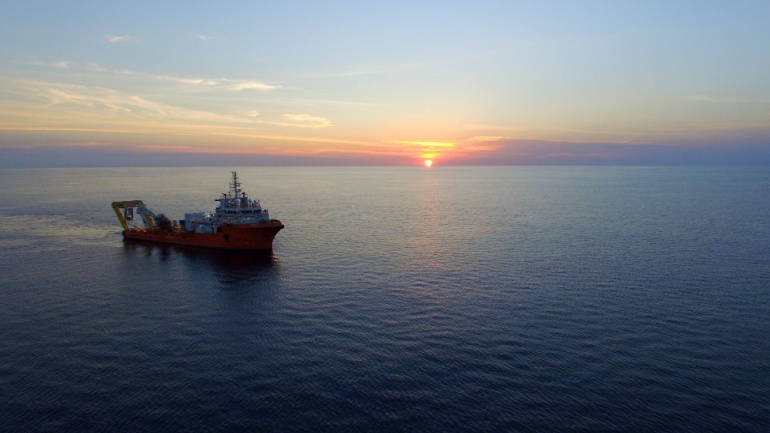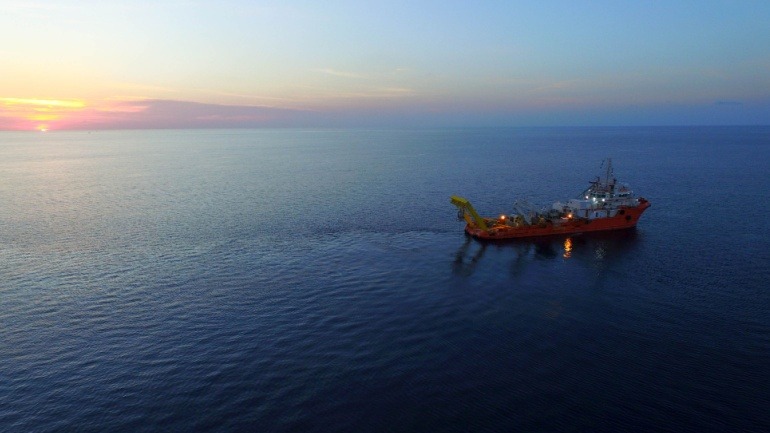Equinix has teamed up with the National University of Singapore to launch a groundbreaking Co-Innovation Facility aimed at enhancing sustainable technologies for data centers. By focusing on energy efficiency, this initiative represents Equinix’s Data Centre of the Future Initiative, central to their ongoing sustainability goals.
PMT Security’s new division provides comprehensive security solutions for Australian data centers, aligning with the growing demands of SaaS, cloud, and AI. Based in Melbourne, the division delivers advanced security technologies, including CCTV and automation, ensuring robust asset protection.
Sweden is investigating the damage to critical subsea cables in the Baltic Sea, urging a Chinese ship, Yi Peng 3, to return for inquiry. The incidents, involving cables linking Sweden, Lithuania, Finland, and Germany, raise concerns over potential sabotage.
Nokia and Microsoft have extended their partnership by five years. This collaboration focuses on equipping Azure data centers with advanced routers and switches to enhance connectivity and optimize cloud infrastructure.
Recent submarine cable cuts in the Baltic Sea have raised concerns about deliberate sabotage, affecting vital data pathways from Sweden to Lithuania and Finland to Germany. Operators emphasize the need for increased network redundancy to ensure stable connectivity.
In a significant development for data infrastructure, Colt Data Centre Services and RMZ announced a $1.7 billion joint venture in India, targeting the soaring demand for data centers. This partnership supports cloud computing, AI, and 5G adoption, enhancing Colt’s sites in Navi Mumbai and Ambattur, Chennai, with new expansions planned.
Equinix is investing USD $260 million to develop SG6, a sustainable data center in Singapore, designed for AI and compute-intensive tasks. Featuring renewable energy, liquid cooling, and rainwater harvesting, SG6 aligns with Singapore’s Green Plan 2030.
Hitachi Vantara’s new Virtual Storage Platform One addresses modern data challenges with innovative storage solutions. Featuring an energy-efficient all-QLC flash array and an object storage appliance, it supports scalable AI and analytics workloads, hybrid cloud replication, and efficient unstructured data management.
The escalating energy consumption by data centers poses critical challenges, with cooling systems driving immense power usage. As data centers expand, particularly to support emerging technologies like generative AI, power demands are mushrooming.
Vodafone Spain and Telefonica have launched an ambitious FibreCo project, extending fibre networks to 3.6 million premises. With Telefonica holding a 63% stake and Vodafone 37%, this venture revolutionizes fibre access across the country.













